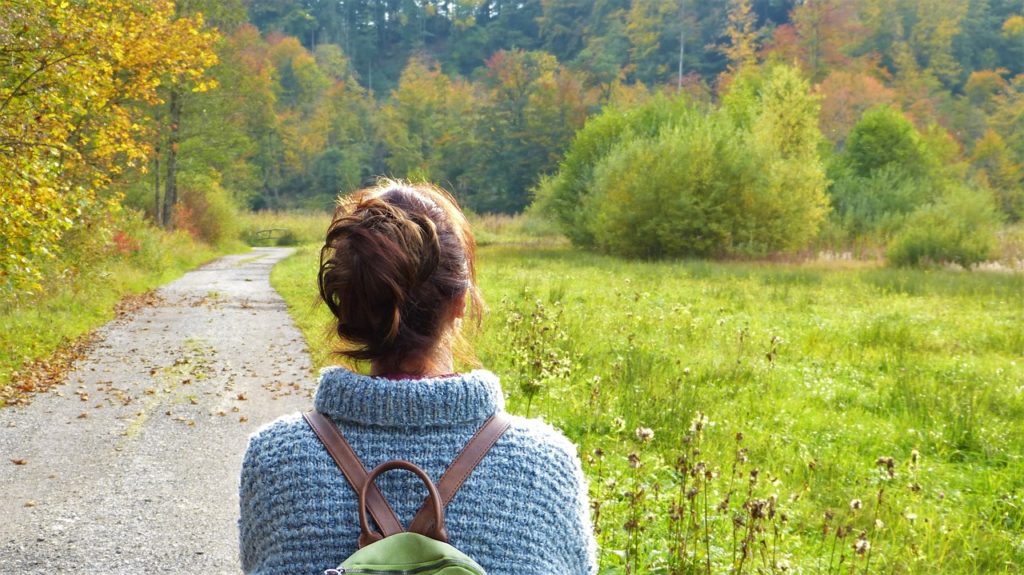Although it’s clear that the COVID-19 pandemic has impacted each one of us in very different ways, one thing is probably true for everyone: The past two years have been a time of increased loneliness and isolation. According to statistics from Social Pro, 36% of Americans say they’ve felt more lonely than usual during the pandemic. Feelings of isolation and loneliness can have a significant impact on a person’s health, regardless of age, resulting in a 26% increase in the likelihood of mortality among individuals who feel lonely.
With that in mind, here are some steps you can take to combat loneliness, although for individuals who are still wary about venturing out, the options may be somewhat limited. The important thing to remember is that doing nothing is not an option. Take that initial step, however small it might be.
- Beware of social media. This is a bit of a conundrum in that social media platforms are intended to help you connect with others, but they can also lead to increased feelings of loneliness. If everyone in your network appears to be living a wonderfully exciting life, you may feel inadequate or inferior. Keep in mind, however, that what you see online is not always reality. Bottom line: If spending time online makes you feel worse, then limit or eliminate this activity.
- Join a group or club. This has been challenging during the pandemic, of course, but vaccines, boosters and masks are making it easier to gather with friends and co-workers in a safe setting. In addition to finding a group that shares a common interest or activity, make sure everyone in the group agrees on pandemic safety measures.
- Make plans. It’s easy to think about doing something fun. It’s quite another thing to actually make it happen. If you want to get together with friends, call them up and set a date. Invite them over for dinner. Attend a museum event together. Or take a class that you both enjoy. The point is that you may have to make the first move. The longer you wait, the greater the risk of avoiding these situations altogether.
- Avoid negative thoughts. During the past two years, it’s been dangerously easy to get caught up in all the negativity. Every day seems to bring more bad news. That can lead to rumination, or excessive worrying, and an overall lack of motivation. Instead of taking action to do something that will make you feel better, it’s all too easy to give up. Unfortunately, that just leads to more loneliness and more isolation.
- Volunteer. There’s a reason this is frequently mentioned as a possible antidote for depression and loneliness. People who volunteer are generally happier people. That’s because volunteering helps you feel fulfilled and because it’s a great way to make friends and interact with others who share a common interest.
- Get a pet. This has been a popular way for many people to ease stress and loneliness throughout the pandemic. And rightfully so. Pet ownership can help alleviate feelings of loneliness. If your budget allows, and you’re ready to make the long-term commitment, this could be a helpful solution.
- Think about something else. This goes back to one of the potential problems with social media. If you tend to think that everyone else is better off than you—whether it’s a better car, job, house or whatever—then you will probably feel inadequate. When you envy others and what they have, you tend to spend a lot of time thinking that you don’t measure up. Instead, think about everything you have to be thankful for. Maybe even start a gratitude journal and train your mind to think differently.
The loneliness you may be feeling is real, and the pandemic has unfortunately contributed to feelings of isolation for many. Start by trying to put one or two of these suggestions into practice. If you’re still struggling, contact a mental health professional for additional support.
Dr. David Lowenstein is a Columbus, Ohio-based psychologist with more than 35 years of experience. He conducts individual, family, and group therapy sessions in his German Village office and also via telehealth. Dr. Lowenstein is also available for expert forensic testimony, and for educational workshops and presentations. He is frequently called upon as an expert source for print, radio, and broadcast media. Contact Dr. Lowenstein at Lowenstein & Associates, 691 South Fifth Street, Columbus, Ohio, 43206, or call 614.443.6155 or 614.444.0432.


